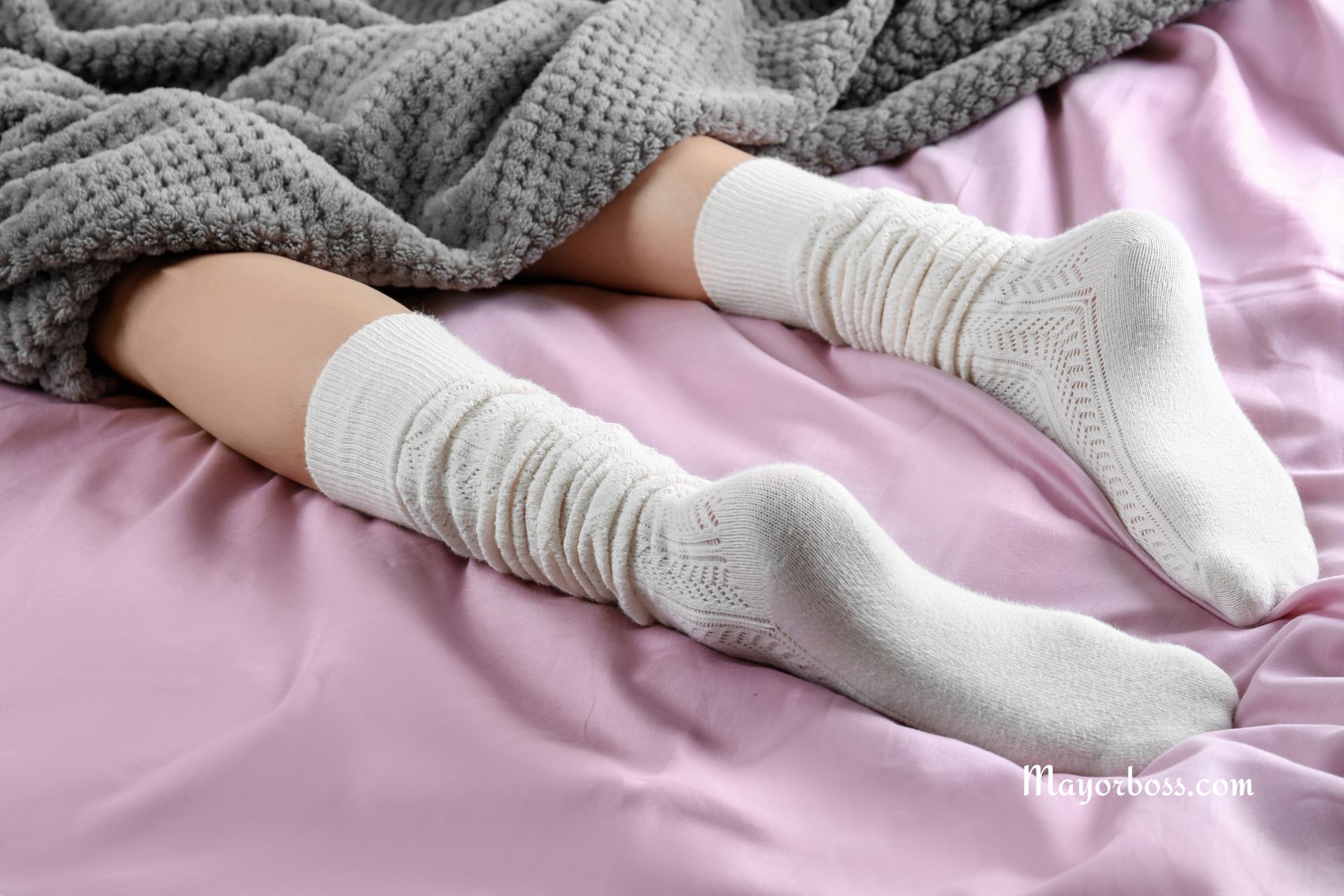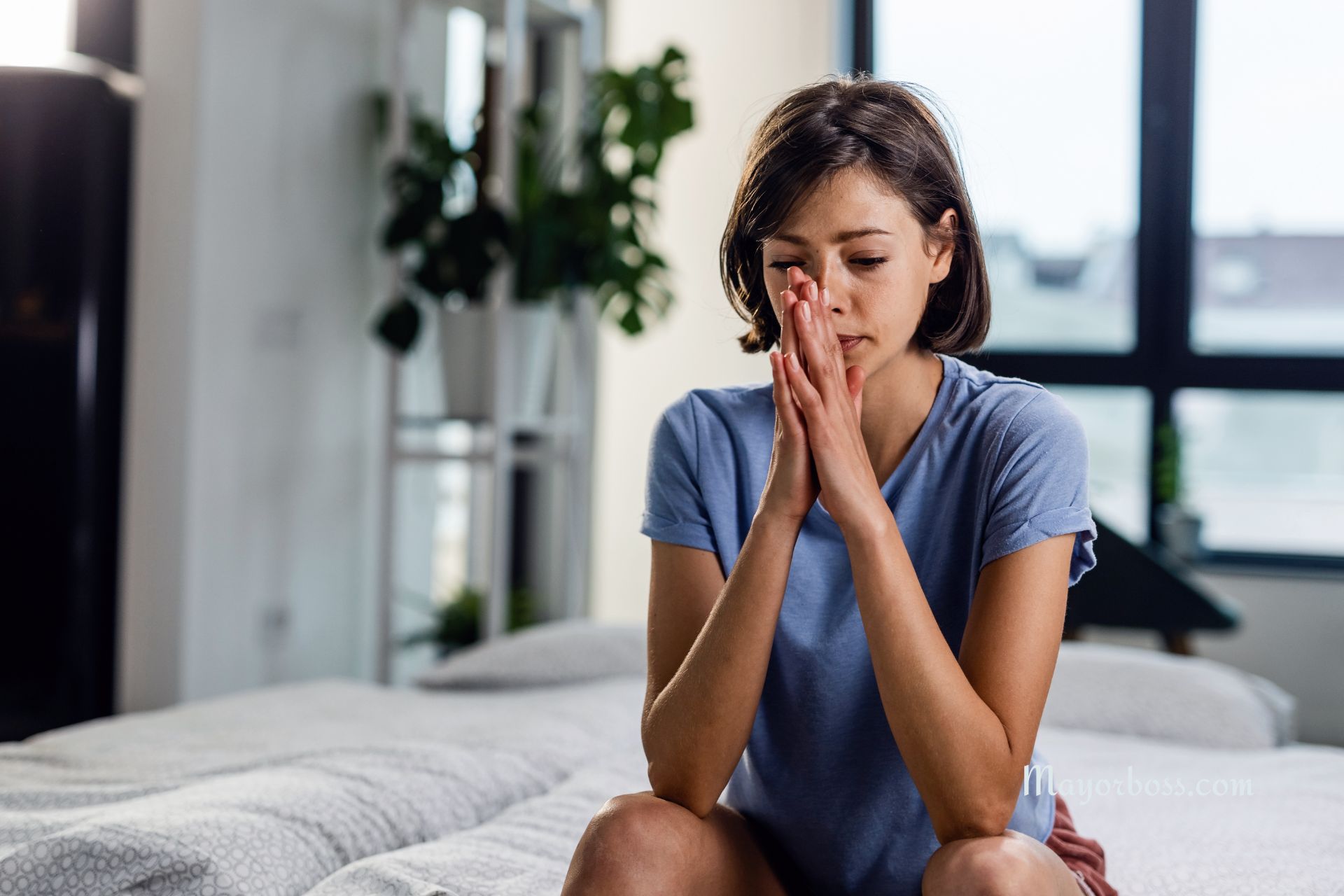Can Wearing Socks Help You Sleep Better? Here’s What Science Says
Getting a restful night’s sleep is crucial for your overall health and well-being. Interestingly, one simple change to your bedtime routine could make a significant difference: wearing socks to bed. You might wonder how something as straightforward as this can impact your sleep. Well, it turns out that science has quite a bit to say on the matter.

The Science Behind Socks and Sleep
When you wear socks to bed, it does more than just keep your feet warm. This simple act has a direct effect on your body’s internal temperature regulation, a key player in how quickly you fall asleep and how soundly you stay asleep.
Temperature and Sleep
Your body’s core temperature naturally drops as you get ready to sleep, signaling your body that it’s time to rest. However, your feet and hands play a unique role in this process. They act as radiators, releasing heat from your body to aid in decreasing this temperature. Wearing socks helps to warm your feet, which expands the blood vessels on the surface of your skin, thereby increasing blood circulation. This process, known as vasodilation, can help lower your core body temperature, signaling your brain that it’s time to sleep.
The Research Speaks
Multiple studies support the idea that warming your feet can help you fall asleep faster. For example, a study published in the journal “Nature” found that adults who wore socks to bed fell asleep 15 minutes faster than those who didn’t. This is because the heat distributed across your body when your feet are warm helps to reduce the time it takes to transition into sleep.
Another aspect to consider is the quality of sleep. Research indicates that maintaining a cooler body temperature can not only help you fall asleep faster but also move more quickly into deeper, more restorative stages of sleep.
Additional Benefits
Beyond just helping you fall asleep faster and enjoy deeper sleep, wearing socks at night can have other health benefits. These include preventing hot flashes, improving dry skin by keeping the moisture sealed in with a pair of cotton socks, and even reducing the risk of Raynaud’s syndrome, a condition that affects blood circulation.
Potential Drawbacks
While the benefits are significant, it’s also essential to consider any potential drawbacks. For some, wearing socks to bed might feel uncomfortable or lead to overheating if not wearing the right type of socks. Opting for breathable, natural fibers like cotton or wool can help mitigate this issue.
Frequently Asked Questions
1. What kind of socks are best for sleeping?
Opt for light, breathable socks made from natural fibers like cotton or wool. These materials help regulate temperature without causing overheating.
2. Can wearing socks to bed have negative effects?
For most people, there are no adverse effects of wearing socks to bed. However, if you have circulation issues or diabetes, it’s best to consult with a healthcare provider first.
3. How else can I improve my sleep quality?
Creating a comfortable sleep environment is crucial. This includes maintaining a cool room temperature, reducing noise and light, and following a consistent sleep schedule. Additionally, avoiding caffeine and screens before bedtime can also help.
In conclusion, wearing socks to bed is a simple, science-backed method to improve how quickly you fall asleep and the quality of your rest. By understanding how body temperature affects sleep and making minor adjustments to your bedtime routine, you can enhance your sleep experience significantly. Give it a try tonight and see if you notice a difference!






